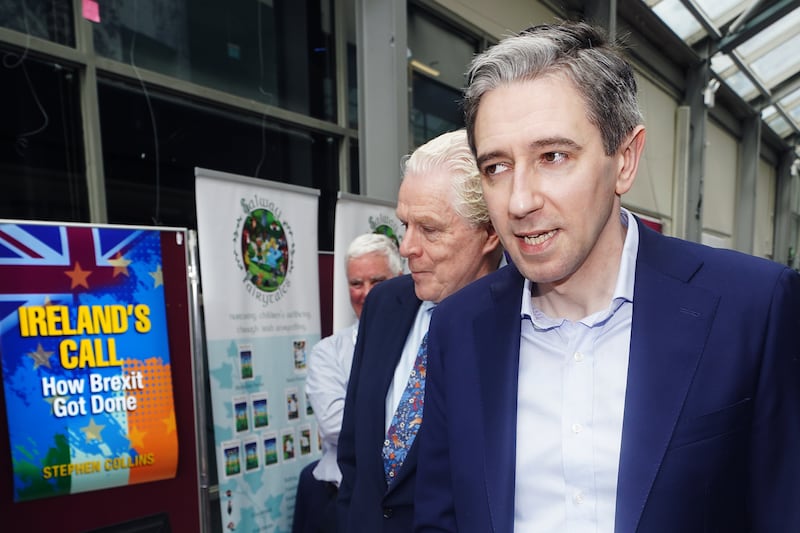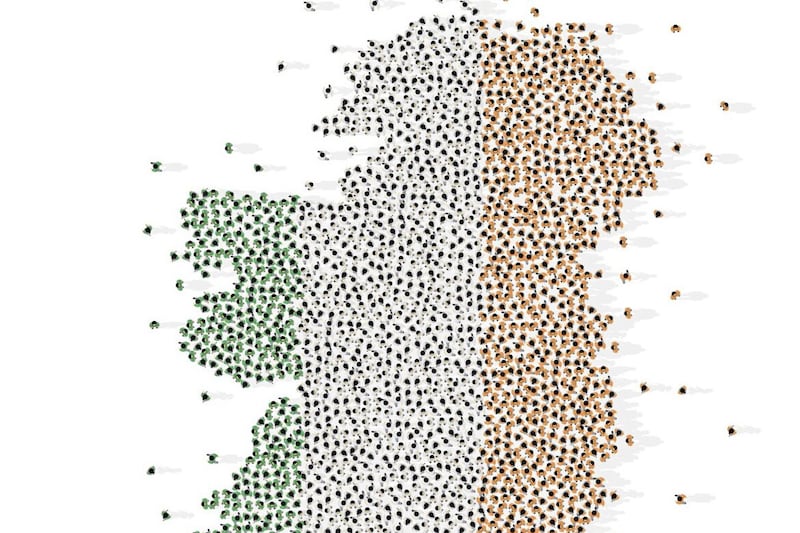GEORGE Bernard Shaw is frequently quoted as saying: “Youth is too precious to be wasted on the young”.
A search on Google suggests his actual wording was somewhat different, but the fundamental message is the same. Indeed if he were around today the great playwright would doubtless be sending out his pithy observations on Twitter.
Thankfully, social media are open to people of all ages and I make regular use of them myself, including Twitter. Another person who has a Twitter account is Lord Kilclooney, better known as John Taylor. In pre-Twitter days, the former Strangford MP for the Ulster Unionist Party gave us journalists a memorable quote when he said, during the lead-up to the Good Friday Agreement, that he wouldn’t touch a certain draft discussion paper with “a forty-foot pole”.
Only last Friday, the life peer from Armagh issued a Tweet as follows: “The recent Liverpool University opinion poll confirms that Northern Ireland is more strongly in favour of the United Kingdom than Scotland! English media please note!!!!”
Unfortunately for nationalists and republicans he had a point. The poll figures showed that, if a referendum was held in the immediate future, 58.6 per cent of respondents would opt to remain in the United Kingdom, as against 29.8 per cent who would vote for a united Ireland.
University of Liverpool Professor Jon Tonge was quoted as saying: “I did a poll of all the polls a couple of weeks ago, of every poll since the Brexit referendum. And that found support for the united Ireland at around 38-39 per cent and support for the union in the low fifties per cent.”
Such figures underline the challenge facing those who want to bring about a 32-county Irish state. The Ireland’s Future organisation has been promoting public discussion in that regard and, last Saturday, it organised a debate in the historic setting of Dublin’s Mansion House, where the first meeting of Dáil Éireann was held in January 1919.
It’s not every day you see Fine Gael and Sinn Féin TDs on the same platform but the panel included Neale Richmond and Mary Lou McDonald as well as Fianna Fáil TD Jim O’Callaghan, Professor John Doyle from Dublin City University and the Chief Imam of Islamic Centre Ireland, Shaykh Dr Umar Al-Qadri. Broadcast journalist Audrey Carville was chairing and you can watch a video of the event, courtesy of the @IrelandsFuture account on the aforementioned Twitter.
No doubt due to natural shyness, I didn’t get my spoke in when the discussion was thrown open to the floor. I had intended to focus on a key issue, arguably the main one, in efforts to achieve Irish unity. That is the need to persuade a substantial proportion of the unionist community and the “middle ground” that a 32-county republic would be in their best interest.
The University of Liverpool poll figures indicate that there is no other path to a United Ireland. The Northern Ireland Act 1998, which arose out of the Good Friday Agreement, specifies that the British secretary of state shall exercise the power to call a border poll “if at any time it appears likely to him that a majority of those voting would express a wish that Northern Ireland should cease to be part of the United Kingdom and form part of a united Ireland.”
The gender-specific wording is unfortunate and there have been two female secretaries of state since the Belfast Agreement: Theresa Villiers and Karen Bradley. The legislation does not go into detail as to how the level of support for a United Ireland would be measured but opinion polls would surely be a factor, along with election results. A series of polls showing majority backing for Irish unity could hardly be ignored.
However, there’s a great deal of work to be done by nationalists and republicans to achieve and maintain that majority. A National Health Service free at the point of access for the entire island is an obvious issue. Another one is the need to give reassurance to people from a unionist background that a constructive relationship with Britain would be maintained. A helpful gesture in that regard would be to renew Ireland’s Commonwealth membership, which came to a halt in 1949. This would have no implications at all for the sovereignty of an Irish republic. We were part of the Commonwealth when the Second World War broke out, but remained neutral throughout that conflict. Currently, 33 of the 54 states in the Commonwealth are republics.
Achieving unity will require creative thinking.
Email: Ddebre1@aol.com; Twitter: @DdeBreadun






